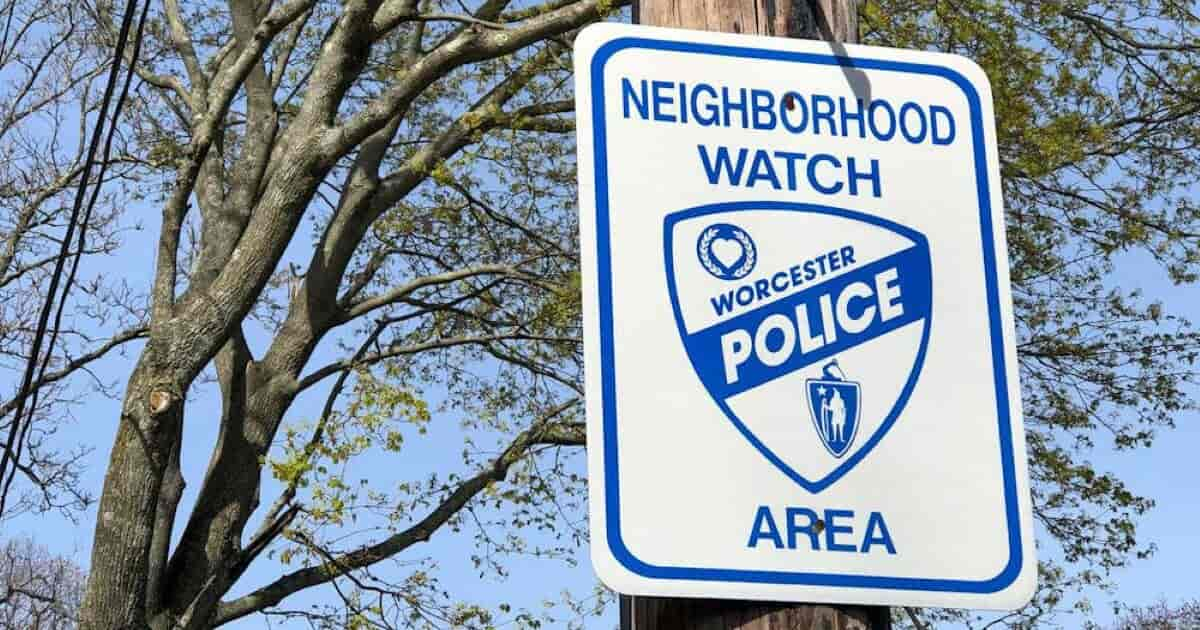WORCESTER – The Commissioner of Inspectional Services Christopher Spencer will release new information about the rental registry and inspections program to Worcester city councilors on Tuesday ahead of an expected vote on a new ordinance. If enacted, the program will require property owners who rent to register each rental unit and renew on an annual basis.
The costs associated with the program are $15 per unit for registration and $5 per unit for annual renewal. Per rented lot, the cost is $25 to register and $15 per annual renewal. There is a 10% discount for online registrations and there is no fee for owner occupied units. Other units in an owner occupied building must be registered.
Spencer’s memo includes answers to a number of questions raised since the program has been under consideration.
What are the Benefits to the City?
According to the memo, the program must be self-funded to remain self-sufficient and will allow the city to have contact information for each property owner to be contacted in case of emergency or in response to resident complaints such as nuisance and trash. The program will also allow the city to communicate by email with property owners. The information will also allow first responders to be informed on the number of units and bedrooms in each unit.
What are the Benefits to the Property Owner?
The ability for the city to contact property owns also provides benefits, according to Spencer. The city can notify owners of:
- Changes to local ordinances that may affect them;
- Notification regarding work being done in the area;
- Information about various grants that they may qualify for;
- Emergency alerts; and
- Issues directly related to their property-potentially providing the owner with an opportunity to rectify issues before orders are sent or fines are imposed.
In the future the program may be used to help potential renters find vacancies.
What are Fines for Failure to Comply?
Failure to comply will result in a $300 fine each day, with each day of the violation constituting a separate offense. Penalties or fees for non compliance need to be greater than registration fees. Without this provision, many property owners would opt to pay a small fine rather than register. Registration needs to be mandatory. Without such a requirement, the system will not function as intended. Without this, The City will be forced to spend valuable time and resources tracking down property owners. As a result, these property owner’s would not receive timely communications regarding area specific emergencies or issues, grant opportunities, planned utility interruptions, or changes to ordinances that might affect them.
What are the Drawbacks of a Complaint-Based Program?
Currently the city only inspects rental units in respose to complaints. The drawbacks of a reactive system, according to Spencer, are:
- The complaints received are a small fraction of the total violations;
- Many tenants may not understand what is required or are afraid to report because of real or perceived retaliation by landlords;
- Complaints received, such as mold on a ceiling, may miss other issues, such as a leaky toilet in the unit above, or a rotting floor containing mold from years of water seepage.
- A study by the University of Texas School of Law found that when a tenant complains about a building condition issue, often the property has already fallen into a state of disrepair that may make it impossible for them to remain. Proactive inspections may be able to catch such issues before they become cost prohibitive to the property owner, jeopardize the tenants health and safety, or bring down surrounding property values.
- Deferred maintenance can lead to both increased maintenance cost and increased health care costs. As an example, Failure to discover or correct water leaks, may lead to mold issues which can be expensive to correct, and for the tenants, the exposure to the mold may cause respiratory issues.
How are these Inspections Different from 110 Inspections?
The City of Worcester lnspectional Services makes periodic inspections under the Massachusetts State Building Code (780 CMR, Chapter 1, § 110), with required frequency of inspections listed in Table 110. For multi-family residential uses the frequency required is at least every five (5) years. These inspections do not require access to individual units, therefore it is difficult to ascertain if the building houses any illegal units, if secondary egress routes within units are blocked, or if there are other violations of the minimum housing standards as required under the State Sanitary Code (105 CM R 410.00).
As a result, the City’s inspections for compliance with the Sanitary Code is typically conducted either by request or complaint based. The Department of lnspectional Service responds to approximately 7,500 work orders for Building, Housing and Health and conducts over 14,000 inspections associated with reported violations. The Rental Registry and the Required regular inspections will reduce the number of complaintdriven inspections, and greatly improve the housing conditions and safety throughout the City.
Is this a Revenue Generation Program for the City?
No. The program’s number one goal is to help protect the health, safety, and welfare of all tenants in residential rental units by ensuring compliance with the State Sanitary and Building Codes, as well as other applicable local ordinances. A cost recovery review was done to ensure that the associated fees are commensurate with the services being provided and the cost of the program, and that these costs are not borne by other non-rental owning tax payers.
The program’s launch will be preceded by an intensive educational campaign, providing property owners a careful guide on what is required. These materials will allow rental property owners to do a pre-inspection walkthrough to determine if the building and units are likely to pass the inspections.
The City will encourage the property owners to self-evaluate prior to making an appointment for the required inspections. lnspectional Services will provide adequate notice prior to any inspections. The goal is not to just show up unannounced and cite for violations, but to properly prepare property owners so that their properties pass after the first inspection.
It is anticipated in the program, that a number of properties will require more than one inspection, as they may fail after the first inspection. However, the goal is to get them all to pass and to be complaint with all applicable state laws and local ordinances.









